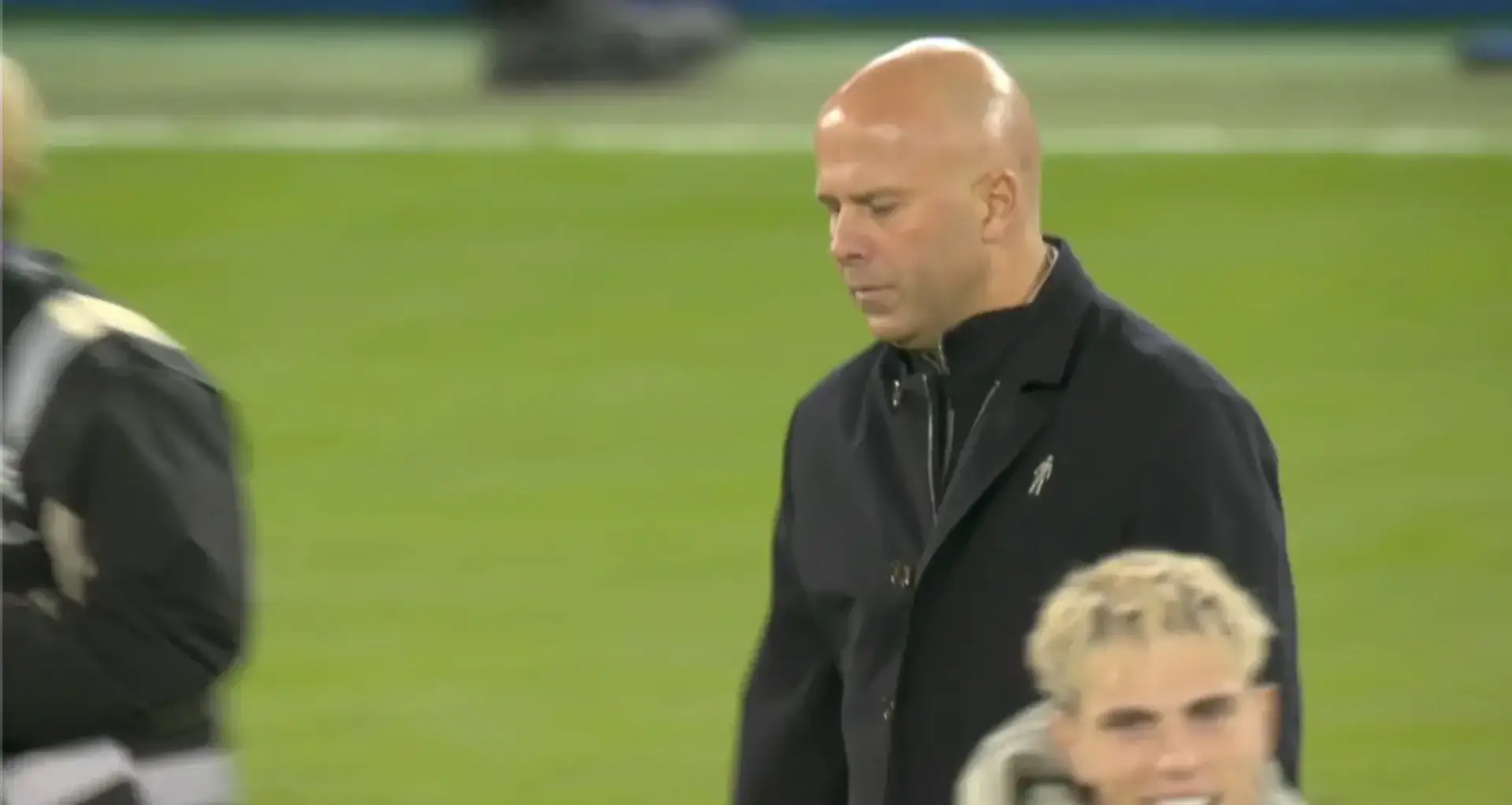It’s a pattern as old as football itself: when things go wrong, the fans point fingers; when things go right, silence takes over. And nowhere is that pattern more visible than at Manchester United. Every time United lose a game, the outrage is deafening. “This back three doesn’t work in the Premier League,” some say. Others declare, “Amorim is the problem.” And of course, the classic line: “This formation can’t keep a clean sheet.”
But then comes a day like today—when the same system clicks, when the same formation finally produces balance, rhythm, and control—and suddenly, everyone goes quiet. Where are those same voices now? Why isn’t anyone saying, “It worked today”?
This isn’t about silencing criticism. It’s about fairness. If we can analyze and criticize when things go wrong, we should also be capable of acknowledging when things go right. Because football, like life, isn’t black and white—it’s about context, adaptation, and moments of execution. And today, Manchester United executed perfectly.
THE DOUBLE STANDARD OF FAN REACTION
Football fandom is emotional, reactionary, and often inconsistent. That’s part of its beauty, but it’s also what fuels misunderstanding. When Manchester United drop points, the narrative becomes absolute—Amorim’s tactics are flawed, the back three doesn’t belong in England, and certain players are being “misused.”
But when the same tactical system earns a clean sheet and three points against a solid opponent, the narrative disappears. The silence is almost louder than the previous criticism.
Fans are quick to dissect every failed experiment but reluctant to praise success from the same source. Amorim, who has been battling skepticism since his arrival, deserves credit when his ideas bear fruit. His tactical philosophy—rooted in structured pressing, flexible wing-backs, and fluid transitions—takes time to perfect. And today, that patience paid off.
THE BACK THREE DEBATE: MISUNDERSTOOD OR MISUSED?
Let’s talk about that “back three” everyone loves to hate. The truth is, a back three system isn’t inherently defensive or attacking—it depends on execution, personnel, and intent. In Amorim’s version, it’s a 3-4-2-1 designed to maximize width and control the midfield.
Critics argue it leaves United exposed at the back, especially against teams that exploit spaces behind the wing-backs. But that’s only half the story. When the players are disciplined and cohesive, the same setup becomes one of the most fluid systems in football. It allows overloads on the wings, quick transitions, and numerical superiority in build-up play.
The irony? Many of the same fans criticizing Amorim for using a back three were applauding Crystal Palace and other Premier League sides for making it work. The narrative suddenly shifts when another manager finds success with the same system. So, when Palace’s coach earns praise for “modern tactical innovation,” why does Amorim get labeled “stubborn” for sticking to his principles?
THE POSITIONAL ARGUMENT: A FAMILIAR EXCUSE
When United lose, the fallback excuse is always the same: “He’s playing players out of position.” But today, that argument crumbles. Diogo Dalot played as a left wing-back, Amad Diallo on the opposite flank as a right wing-back, and Mason Mount was deployed up front—a role many wouldn’t have expected him to handle.
Yet, the system flourished. Dalot was tireless, Amad was electric, and Mount led the line with intelligence and movement. Suddenly, what fans labeled “out of position” became tactical adaptability. The same flexibility that drew criticism last week produced success this week.
This proves a point Amorim has been quietly making through his selections: it’s not always about rigid positions—it’s about roles, understanding, and adaptability. Modern football demands versatility, and today United embodied that perfectly.
WHY FANS STRUGGLE TO GIVE CREDIT
Part of the reason fans struggle to give credit when things go right is emotional investment. Criticism often builds narratives that fans cling to. Once they’ve decided a system doesn’t work, it becomes a lens through which they view everything. If the system works, it contradicts their established belief—and admitting that feels like defeat.
Football discussions, especially on social media, thrive on outrage. “Amorim’s tactics don’t work” generates more engagement than “Amorim’s tactics were brilliant today.” Negativity spreads faster, fuels debate, and keeps fans emotionally engaged. But it also skews perception, preventing fair judgment.
True analysis demands balance. A system can fail one week and succeed the next. A manager can make poor decisions one game and brilliant ones in another. Football is dynamic; tactics evolve with every match, and so should our opinions.
THE EVOLUTION OF AMORIM’S UNITED
Rúben Amorim’s time at Manchester United hasn’t been smooth. From day one, he’s faced doubts about his style, his substitutions, and even his suitability for the Premier League. But what’s often ignored is his gradual improvement in reading the league. Amorim has adjusted his tactics, fine-tuned his press, and taught his players to adapt to multiple roles within the same game.
Today’s match showed that evolution. United’s defensive structure was solid; the midfield pressed cohesively; the wing-backs provided both width and defensive cover. It was a display of tactical maturity—a clear sign that Amorim’s project is beginning to take shape.
The players looked comfortable, the movements were rehearsed, and the confidence was visible. For once, the “system” worked exactly as designed. And that deserves recognition, not indifference.
THE PSYCHOLOGY OF FOOTBALL CRITICISM
Football fans live in extremes. A win often feels like redemption; a loss feels like disaster. There’s rarely a middle ground. But the most successful clubs and supporters are those who can see progress even in imperfection—and acknowledge excellence even from systems they previously doubted.
The same way we analyze failures, we must analyze successes. What made it work today? How did the midfield adapt? Why did Dalot and Amad thrive in those wide roles? Understanding that helps both fans and analysts appreciate the complexity of tactical football instead of reducing it to simple slogans.
Football isn’t a fixed formula—it’s a living, breathing game. Amorim’s system will fail again someday, as all systems do. But it will also succeed again. The real test of fans’ understanding is whether they can recognize both realities with equal honesty.
A CALL FOR BALANCE
Manchester United fans are among the most passionate in the world. That passion fuels the club’s identity, but it also sometimes blinds analysis. Amorim’s system isn’t flawless; no system is. There will be days when it collapses under pressure. But when it delivers, it deserves applause.
Today’s victory wasn’t just about three points—it was about vindication. It proved that the back three, when executed correctly, can thrive in the Premier League. It showed that players can excel in unfamiliar roles when given the right instructions. And it highlighted that Amorim, far from being a rigid tactician, is capable of making brave, effective calls.







